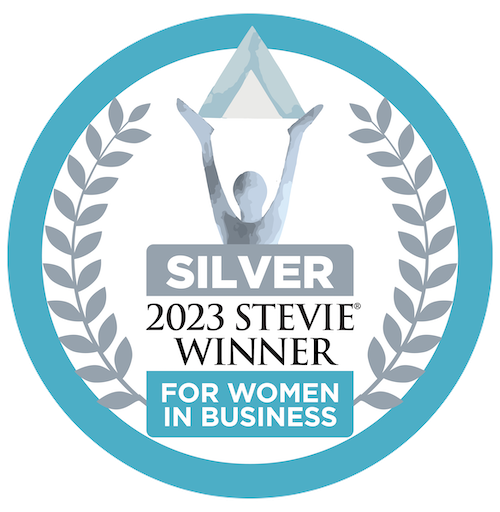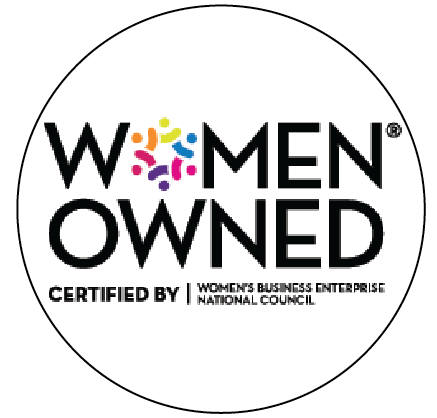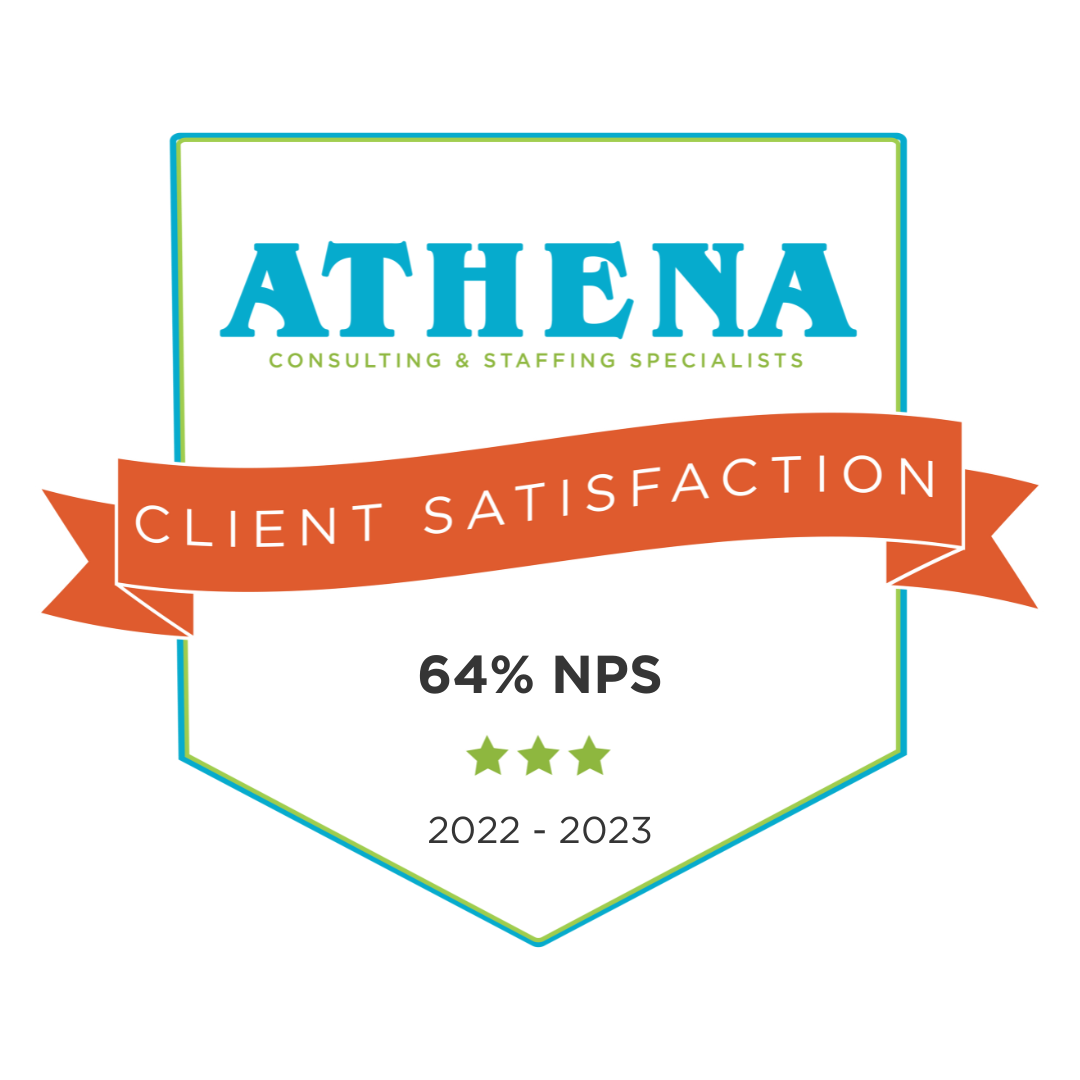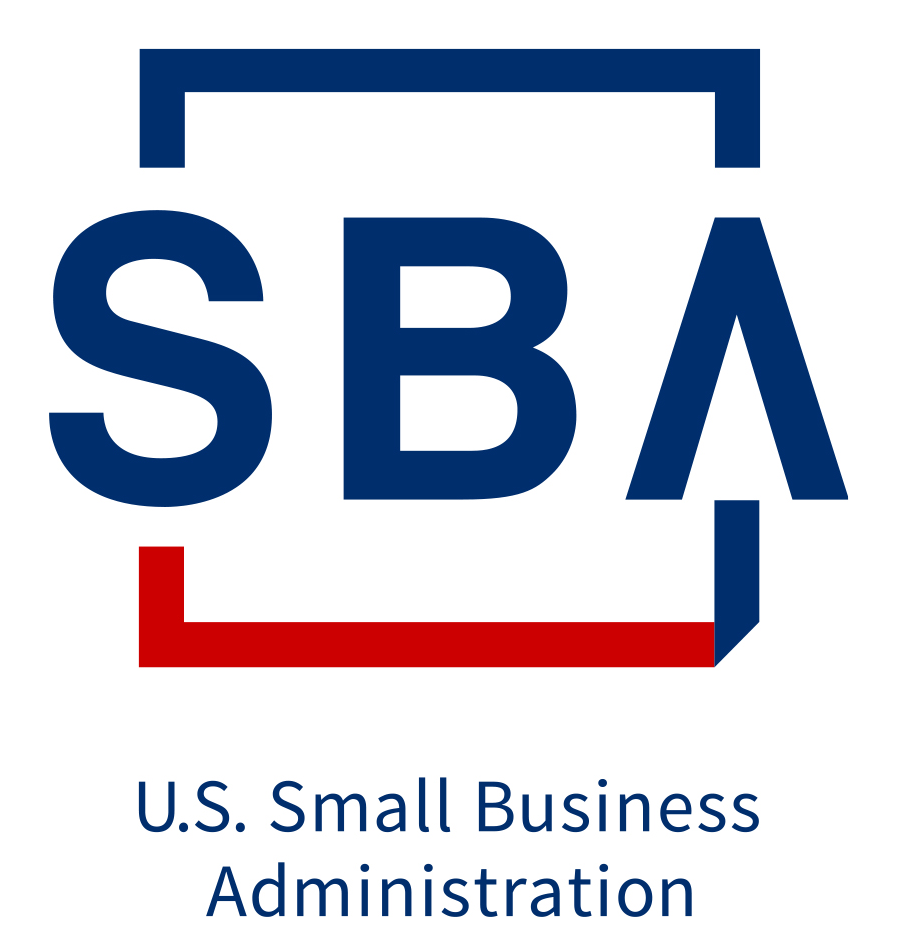Whether you’re new or old to the job-seekers world, you’ve probably heard the term “401k” mentioned on interviews or written within job descriptions. Let’s take this time to introduce to you what a 401k is and why you, as a prospective employee, should know about it. The 401k plan offered by your prospective employer is critical to you and your family’s future, and should never be overlooked when considering a position.
Brief History of 401k
In 1978, Congress decided that Americans needed a bit of encouragement to save more money for retirement. They thought that if they gave people a way to save for retirement while at the same time lowering their state and federal taxes, they might just take advantage of it. The Tax Reform Act was passed. Part of it authorized the creation of a tax-deferred savings plan for employees. The plan got its name from its section number and paragraph in the Internal Revenue Code — section 401, paragraph (k).
A 401k offers many amazing benefits, but like all good things, 401k comes with restrictions as well. Here are a few:
• Any business, whether a C Corporation, S Corporation, partnership, sole proprietorship, or self-employed can establish a plan.
• The company sets the eligibility requirements, within certain guidelines, at the time the plan is established.
• Employers can restrict individuals with less than one year of service, union members, non-US citizens, part-time workers, etc., from being eligible for the plan.
• Contributions to the plan can come from voluntary employee salary reduction, from employer, or both.
• Each individual employee can defer in 2014 up to $17,500 or 100% of compensation, whichever is less.
• Participants age 50 and over can make additional “catch-up” contributions of $5,500 in 2014.
• Employees are immediately 100% vested with their own salary reduction tax-deferred contributions.
• Employee withdrawals before age 59 1/2 may be subject to a 10% penalty.
• Employees who retire any time during the calendar year in which they turn 55, or later, are not subject to the 10% penalty.
• Employers can establish a vesting schedule, within certain guidelines, for the contribution the company makes to the 401(k).
• Employers are not required nor obligated to make any contribution to the 401k, although employers may have some obligation to contribute if the plan is deemed top-heavy.
• Turnkey and Internet-based plans are available.
• Excellent range of investment options are available for the plan sponsor to offer within the plan. The investment choices in most plans range from 8 to 20 options.
• Employee contributions to the plan are not subject to federal income taxes until a distribution from the plan is made.
• Any investment gains and earnings also enjoy tax deferral until distribution.
• This type of plan can permit loans and hardship withdrawals. Participants can start, or stop contributions during the course of the year, as determined by the company.
• The employer can receive certain tax benefits for contributions. Plans are subject to top heavy and discrimination testing.
• Typically the amount the owners and highly compensated individuals can contribute to a 401k is a function of the contributions of the other employers.
• 401k plans can be subject to IRS 5500 filings.
• Generally, the vendor selected by the plan sponsor does all accounting, participant reporting, testing, and files 5500 reports with the IRS.
*Information courtesy of the 401k Help Center.
The Long Run
Remember, saving a little for the long run is always a positive. Many people find that having money automatically deducted from their pay each month is more conducive to saving than relying on themselves to remember to put money aside.
If you’re interested in a job that offers a 401k plan, contact us to see which openings are at your fingertips.
<!–







